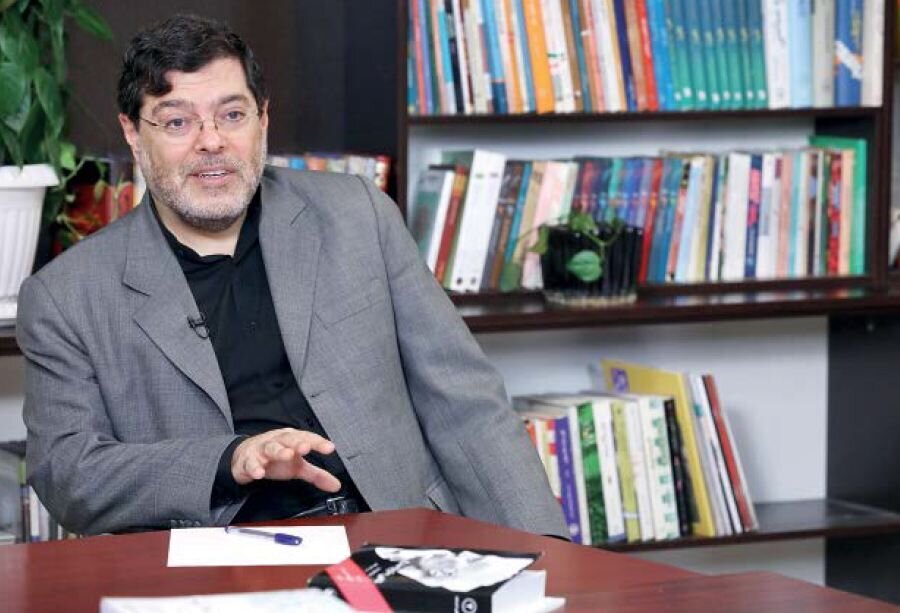Trump’s anti-Iran rhetoric aimed to attract Zionists’ support: expert

TEHRAN – Mohammad Marandi, a professor at the University of Tehran, says U.S. President Donald Trump’s anti-Iran tweets are intended to attract endorsement from the Zionists of the United States.
Trump makes such remarks to attract support for the November presidential election because his campaign suffers from bad financial situation compared to his rival Joe Biden, Marandi said in an interview with IRNA published on Wednesday.
Asked about the latest round of U.S. sanctions on Iranian banks, he said a psychological war is behind the sanctions because “it is not a new issue as all those banks had already been sanctioned by the United States.”
On October 8, the Trump administration announced it had imposed new sanctions on Iran’s financial sector in defiance of Washington’s European allies who warned of the humanitarian consequences of the sanctions on Iran’s fight against the coronavirus.
The new sanctions target the few remaining Iranian banks which were not subject to secondary sanctions.
In a tweet, U.S. State Secretary Mike Pompeo announced that the United States is sanctioning 18 major Iranian banks and identifying Iran’s financial sector.
U.S. Treasury Secretary Steven Mnuchin said the designation of 18 Iranian banks “reflects our commitment to stop illicit access to U.S. dollars.”
The new U.S. move is part of the Trump administration’s “maximum pressure” campaign against Iran, which Trump adopted after he unilaterally pulled the U.S. out of the 2015 nuclear agreement in May 2018.
Trump is also hoping to clinch a foreign policy victory before the presidential election, which is scheduled for November 3. In recent weeks, his chances of defeating Democratic rival Joe Biden have gone down significantly.
Marandi, who is a professor of English literature and Orientalism, said since a long time ago, the international banking system, under the secondary sanctions, has had no cooperation with the Iranian banks.
The new sanctions will create no fresh problems for Iran, he underlined.
The U.S. has already put “maximum pressure” on Iran and there’s nothing higher than that, he said, reiterating that the sanctions will not affect Iran’s economy in practice.
He also underlined the need to control the psychological aspect of those sanctions.
Pointing to the U.S. move to disrupt transfer of food and medicine to Iran, Marandi said Washington does such things despite its claim that it is an advocate of human rights.
The professor said Tehran has its own methods to import fundamental needs and conduct financial transactions.
Asked about U.S. foreign policy on Iran following the upcoming presidential election, Marandi said Iran should rely on its own domestic capacities.
Undoubtedly, he continued, both U.S. presidential candidates seek to harm Iran whether they are Democrat or Republican. Both are after imposing their will on other countries, so though their methods may differ, their goals remain the same, he added.
He concluded his remarks by saying that the United States faces various crises, and it seems that its power to put pressure on Iran will reduce in next months and years.
MH/PA

Leave a Comment